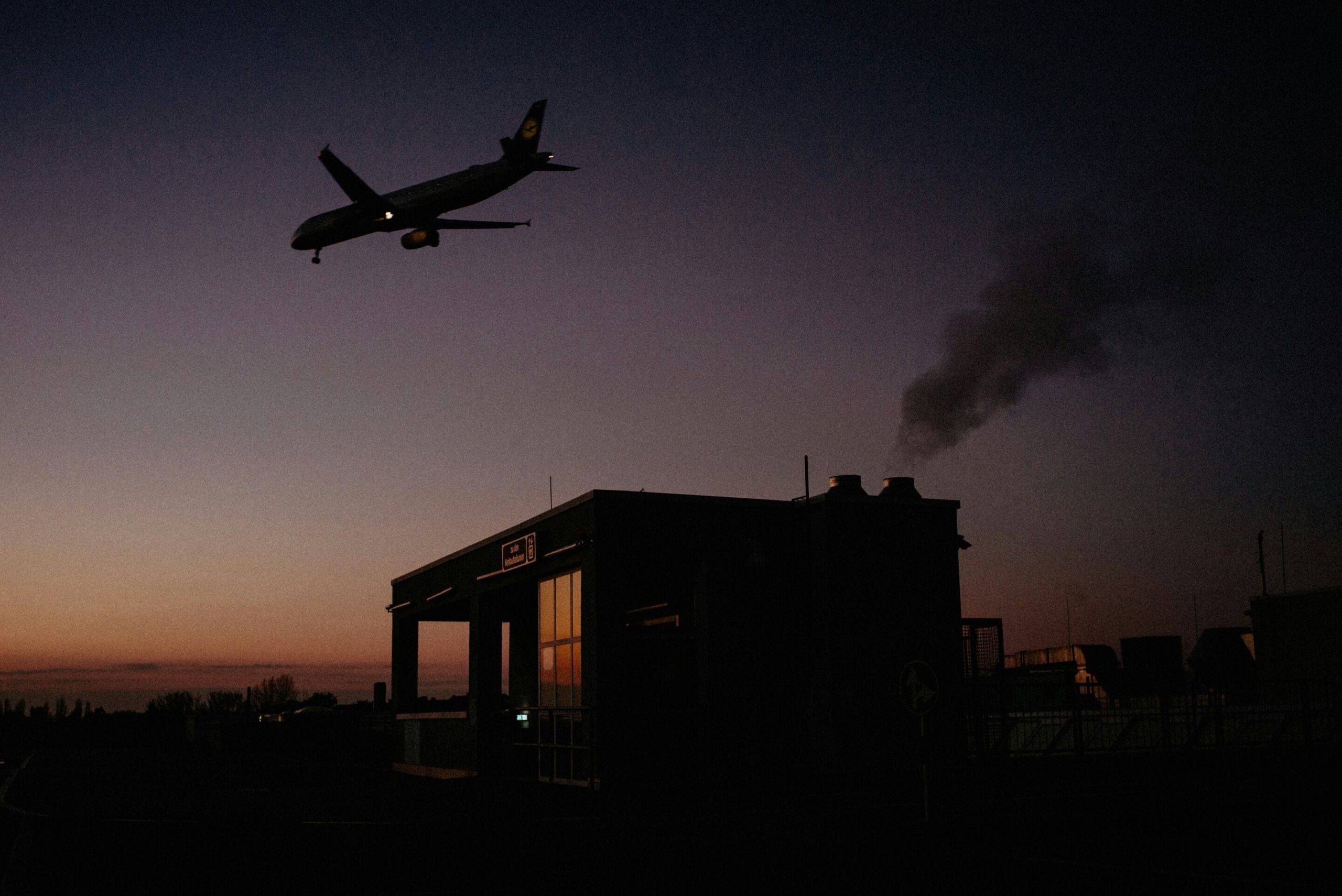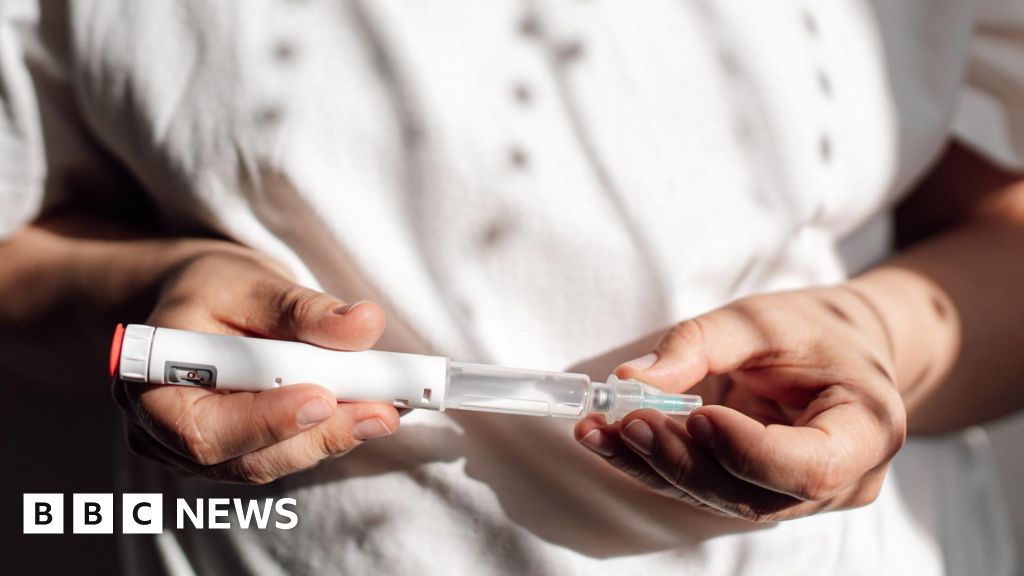
Noise from aircraft at night is linked with disturbed sleep quality and sleep-wake cycle, a new study using movement trackers has shown.
Environmental health experts at the University of Leicester combined measurements from activity monitors and self-reported sleep information for the first time to put together a more detailed picture of how aircraft noise impacts sleep, in the largest such study to date.
The results, published in Environmental Health Perspectives, show that people exposed to higher levels of night-time aircraft noise experienced more restlessness during sleep and disruption in daily sleep rhythm, even if they had a full night’s sleep. The paper is titled “Associations between aircraft noise, sleep and sleep-wake cycle: actimetric data from the UK Biobank cohort near four major airports.”
The team was led by the University of Leicester’s Center for Environmental Health and Sustainability and involved University Hospitals of Leicester NHS Trust, University College London, Imperial College London and City St George’s, University of London.
They used the UK Biobank cohort study, a large UK study originally set up to examine links between genes and disease, to identify and analyze data from over 80,000 people living near four major airports (London Heathrow, London Gatwick, Manchester and Birmingham) in England.
Recruitment into the study was independent of airports or interest in aircraft noise, so the study is unlikely to reflect those with pre-existing concerns about aircraft noise.
To measure sleep, the researchers used wearable devices (similar in size to a watch) that tracked movement during sleep, a method called actimetry. Actimetry data were collected for approximately 20% of the participants between 2013 and 2015. Alongside this, they used responses to questionnaires collected between 2006 and 2013, in which people reported on their sleep quality, how long they slept, and whether they took daytime naps.
Lead author Xiangpu Gong, postdoctoral researcher at the University of Leicester, said, “We used information from both wearable devices that track movement during sleep and self-reported questionnaires to get a more comprehensive picture of sleep. The wearable devices provided objective data about how restful sleep was and the patterns of sleep, while questionnaires helped us understand how people felt about their sleep.”
The aircraft noise each person was exposed to was estimated using noise maps created by the UK Civil Aviation Authority. The maps showed how loud the aircraft noise was (in decibels dB) in 2011 in areas around the airports and this was matched to where the participants lived.
The sleep of those exposed to higher noise levels, defined as a night-time average of 55 dB or more, was compared with those exposed to less than 45 dB. The analyses took into account other factors that may affect sleep such as age, sex, ethnicity, income, physical activity, and environmental conditions.
Higher levels of night-time aircraft noise (55 dB or more) were associated with increased movement during sleep, which is a sign of sleep disruption. Participants exposed to high levels of noise also showed disrupted sleep-wake cycles, meaning their daily sleep rhythm was less regular. This is despite the fact that the total time they spent in bed was not much different.
Xiangpu added, “Our study suggests that night-time aircraft noise was associated with more restless sleep and disrupted sleep-wake cycles, suggestive of a link between night-time aircraft noise exposure and sleep disturbance. Poorer sleep patterns, as measured by actimetry, have been associated with higher risk of mental health problems, conditions like diabetes and obesity and with mortality risk.
“The key message for the public is that higher night-time aircraft noise was linked with disturbed sleep quality, even if people didn’t realize it. Sleep disturbance could have long-term effects on health, so it’s important for policies to address and reduce noise pollution from airplanes.”
Anna Hansell, Professor of Environmental Epidemiology at the University of Leicester, led the study. Professor Hansell, said, “This study is different because it is one of the largest on this topic and combined sleep data from wearable devices with self-reported sleep information. Most previous studies have relied on people’s self-reports about their sleep, which can sometimes be inaccurate due to poor recall.
“In contrast, actimetry, which uses devices to track sleep, doesn’t require people to remember how they slept, hence providing a more objective measure of sleep.
“Interestingly, while we found evidence that night-time aircraft noise was linked to poorer sleep (more movement and disrupted sleep-wake cycles) as measured by actimetric devices, the length of time people slept did not appear to be affected.
“It is of concern that current pressure on airports to increase night flights could result in more night-time aircraft noise from airplanes, with potential impacts on sleep disturbance and ultimately on health.”
More information:
Associations between aircraft noise, sleep and sleep-wake cycle: actimetric data from the UK Biobank cohort near four major airports, Environmental Health Perspectives (2024). DOI: 10.1289/EHP14156
Citation:
Study shows aircraft noise disrupts sleep-wake cycles (2024, September 25)
retrieved 28 September 2024
from https://medicalxpress.com/news/2024-09-aircraft-noise-disrupts.html
This document is subject to copyright. Apart from any fair dealing for the purpose of private study or research, no
part may be reproduced without the written permission. The content is provided for information purposes only.



